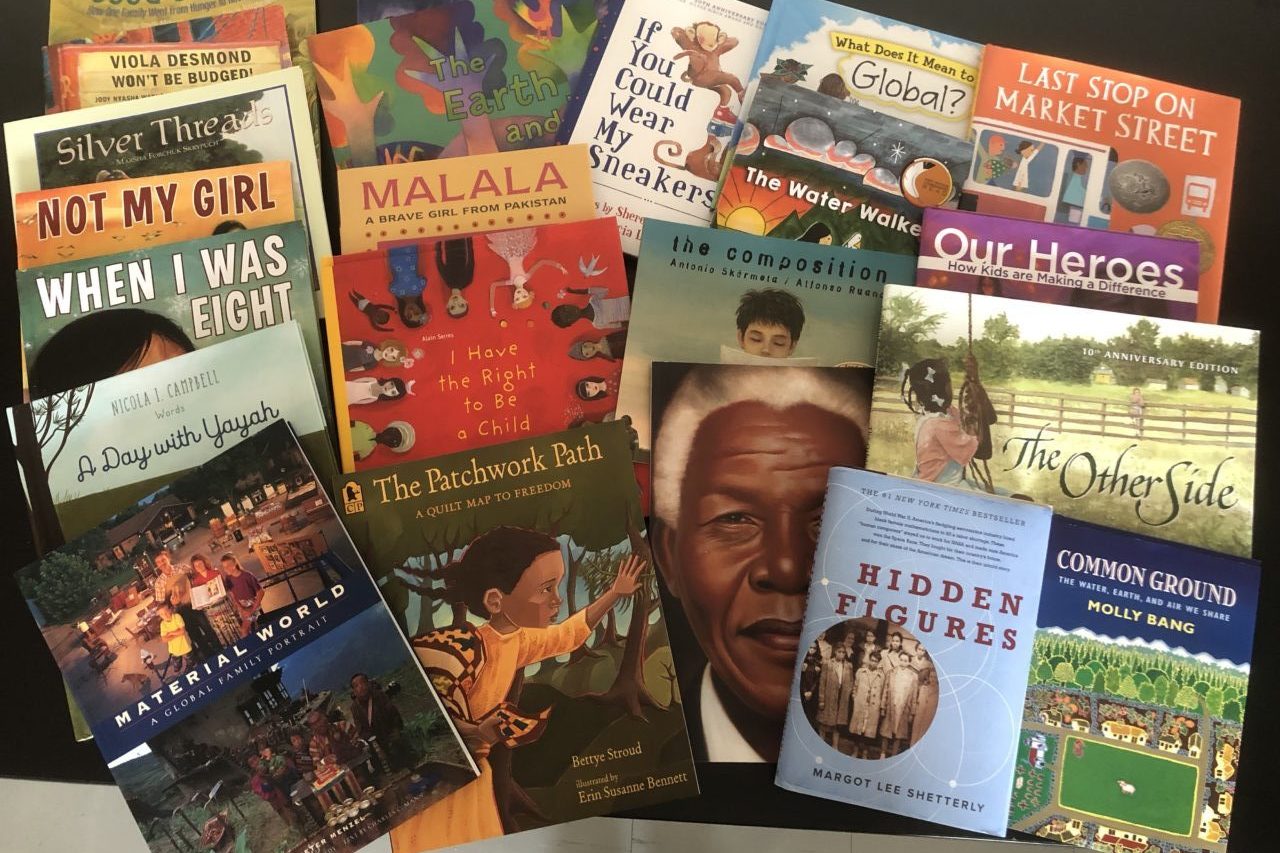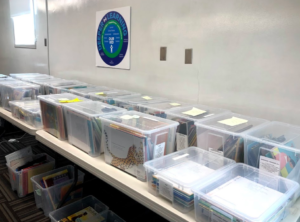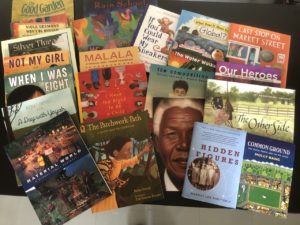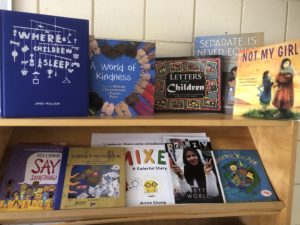“Using picture books and other texts to teach different reading comprehension strategies is helpful as a starting point but is not the goal. Ultimately, the goal is to help students become strategic readers and thinkers.”
-adapted from Adrienne Gear
The start of a new school year coincides with lots of ‘big picture’ planning for teachers. Thinking about backward design planning, what’s a big idea and essential questions around Gear’s comment on the value of mentor/anchor texts? Remember that a big idea anchors core conceptual understandings while essential questions are deep, fundamental questions to guide learning and support the big idea. Here’s a possibility.
Big Idea:
Texts help us make meaning of the world around us, leading to shifts in thinking and inspiring us to respond.
As an extension to the big idea, texts also provide opportunities for students to feel intellectually engaged, emotionally engaged, have their perspectives bent and also provide an aesthetic experience. (check out 4 Pillars of Engagement for more detail)
Essential Questions:
How can texts be used to support the learning of issues that impact our world?
How can texts be used to engage deeper conversation on important topics?
How can the use of texts be used to inspire our students to explore and envision possibilities and take action on important matters?
This big idea and the supporting, essential questions are highly relevant to our new ELA curriculum which is designed to be integrative into other curricular areas. The ELA Curriculum Framework: A Living Document (I recommend to also log in to app.mapleforem.ca and join the group called “The ELA Place” which is a site supporting Manitoba educators) reflects four major practices with reflection questions and elements that remain constant throughout K-8. Each of the grade bands also has accomplishment descriptors. One of the four practices is titled, Language as Power & Agency (an awareness of one’s biases and potential impact of voice, and using that voice/choice responsively and responsibly). The reflection questions and elements for this practice are:
Reflection Questions
How does what I hear, read, and view influence what I think?
How do I use language to influence others when I write, represent, and speak?
How do I decide what and whose stories to tell?
Elements:
Recognize and analyze inequities and viewpoints and bias in texts and ideas
Investigate complex moral and ethical issues and conflicts
Contemplate the actions that can be taken, alternative viewpoints, and contribute other perspectives.
How do we, as teachers, respond as a result of all this? What do students need in order to face challenges head on and ultimately be a healthy, contributing member of the world? How will students have a growing sense of Power & Agency where there is shaping and reshaping of thinking and an emphasis on ways to contribute positively to the world with respect, compassion, and love?
Adrienne Gear, in her book Powerful Understanding (2018), says that this is possible through reading, thinking, connecting, and 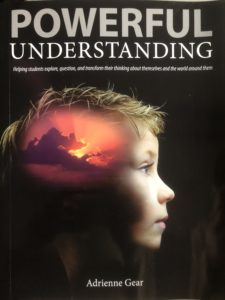 reflecting on personal, cultural, social, and global awareness and responsibility. The use of mentor/anchor texts is a powerful tool to support this rich learning. Gear notes that mentor texts are great books that nudge our thinking, invite us to reflect on our own lives and values, and encourage us to see ourselves and our world a little differently. To delve deeply, we want students to interact with text, to ask deeper questions, draw inferences, to be responsive and reflective readers communicating how the text made them feel, and how thinking is changing or being confirmed. We also want them to make critical connections and have authentic engagements which include important current events that raise critical questions, possibly needing action. Pairing the reading of mentor texts with whole group and small group conversation is a great way to build and share ideas, perspectives, and opinions. Questions to nudge thinking include: Why did the author want me to read this book? What does the author want me to think about? How am I different because I read this book? What thought is still lingering after I close the book? What imprint did this book leave on my thinking? On my emotions? What is my part in this?
reflecting on personal, cultural, social, and global awareness and responsibility. The use of mentor/anchor texts is a powerful tool to support this rich learning. Gear notes that mentor texts are great books that nudge our thinking, invite us to reflect on our own lives and values, and encourage us to see ourselves and our world a little differently. To delve deeply, we want students to interact with text, to ask deeper questions, draw inferences, to be responsive and reflective readers communicating how the text made them feel, and how thinking is changing or being confirmed. We also want them to make critical connections and have authentic engagements which include important current events that raise critical questions, possibly needing action. Pairing the reading of mentor texts with whole group and small group conversation is a great way to build and share ideas, perspectives, and opinions. Questions to nudge thinking include: Why did the author want me to read this book? What does the author want me to think about? How am I different because I read this book? What thought is still lingering after I close the book? What imprint did this book leave on my thinking? On my emotions? What is my part in this?
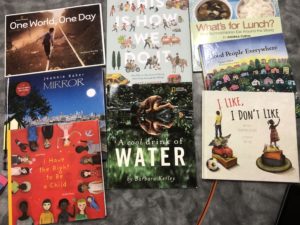
The students in 3/4H at Kleefeld School were inspired by picture books such as I Have the Right to be a Child by Alain Serres, I Like, I Don’t Like by Anna Baccelliere, and Where Children Sleep by James Mollison. The messages in these texts were used to spark curiosity leading to wonderings, and then to building knowledge through research, sharing opinions, and growing perspectives through knowledge building circles. Check out the video of Kleefeld students in Gr. 3/4 using mentor texts to help recognize and contemplate issues as well as develop new perspectives!
How are you currently using mentor texts with your students? Click on the links to HSD’s Mentor Text Kits which are available for your use.
- Exploring Our World (Kleefeld Gr. 3/4) – youtube video
- Mentor Text Kits-Powerful Understanding
- Mentor Text Kits-Power & Agency
